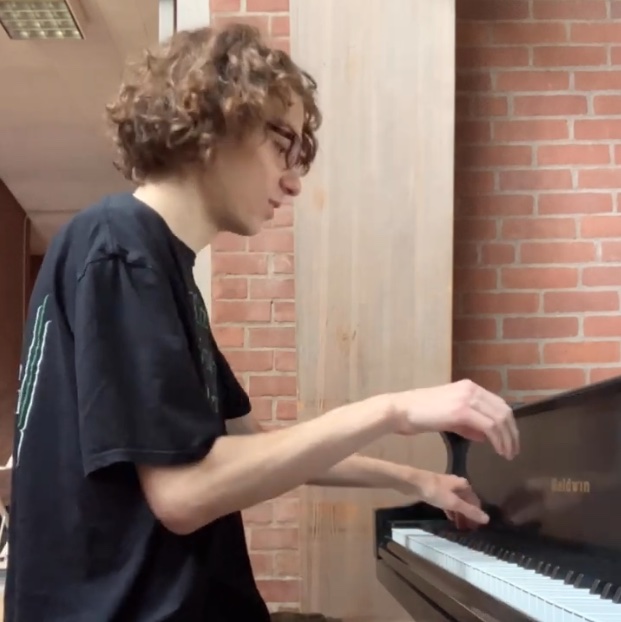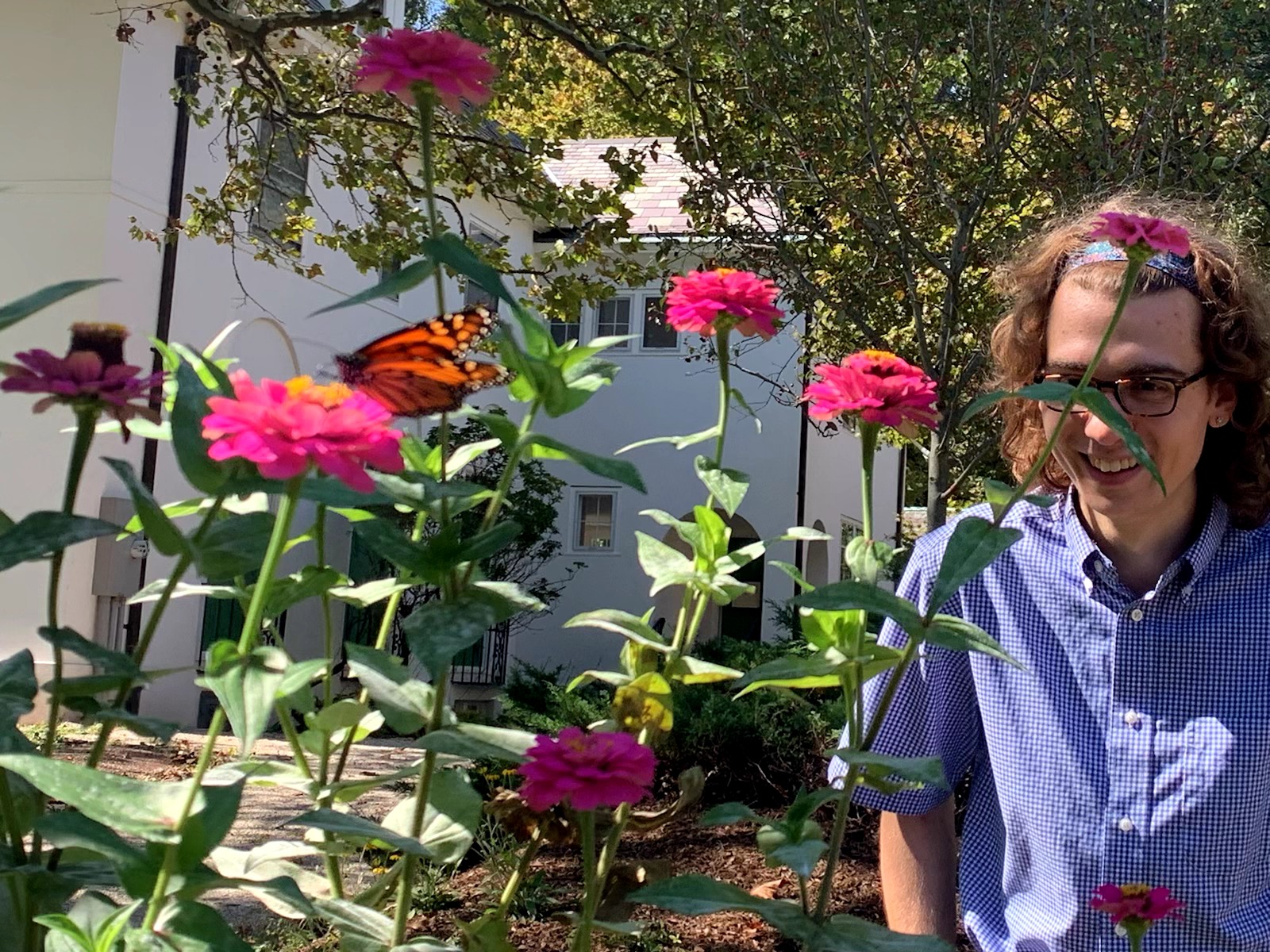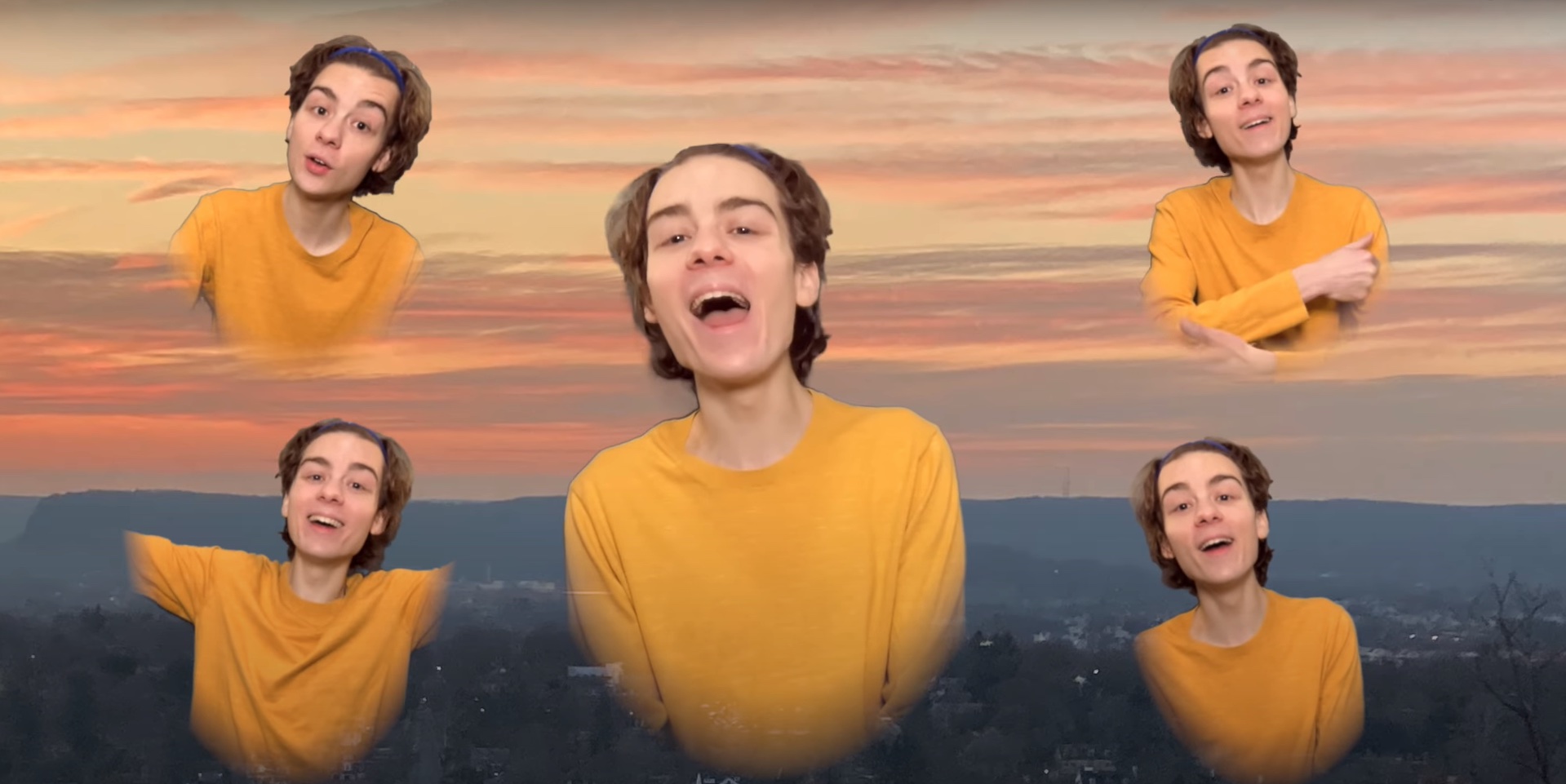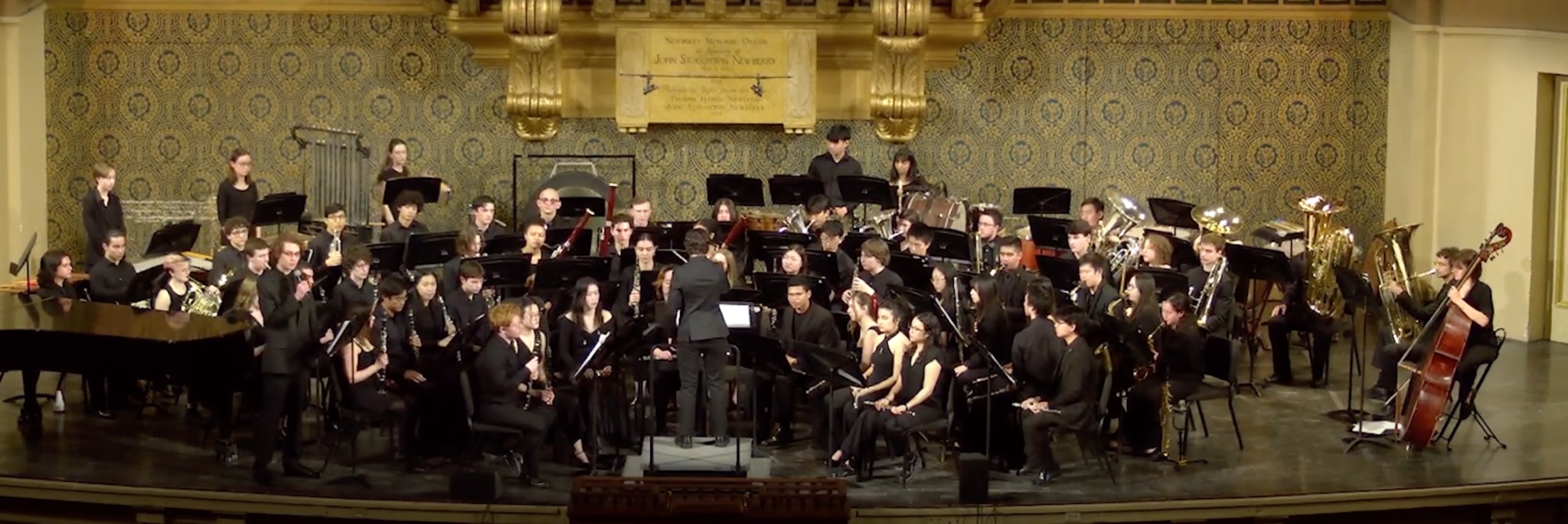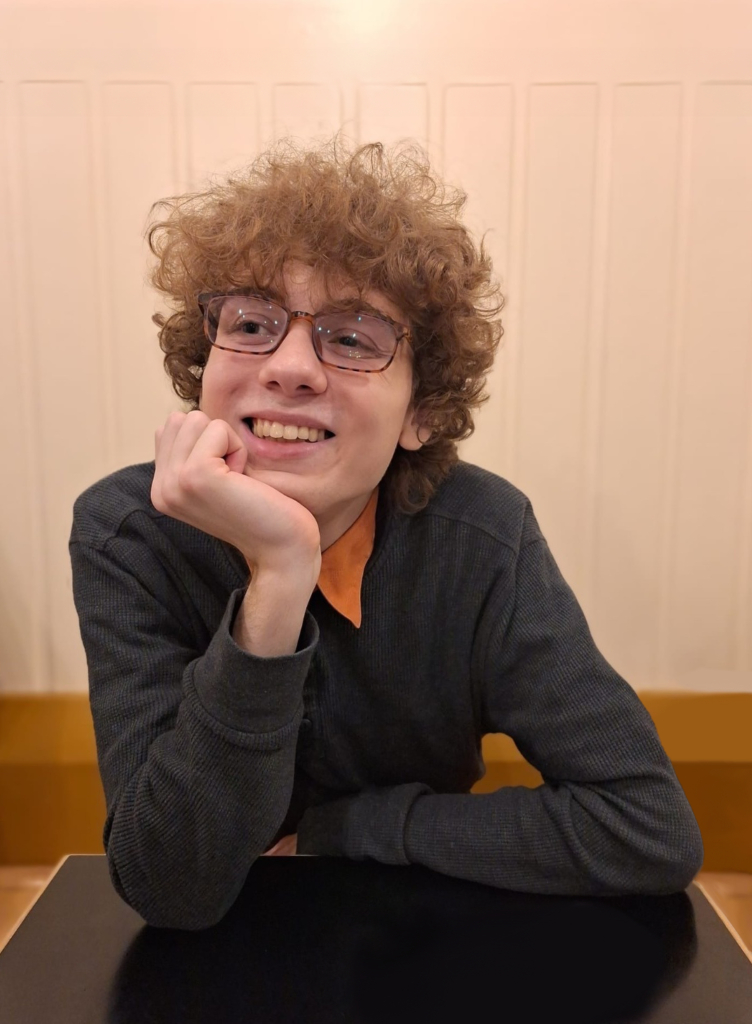We were lucky to catch up with Jonathan Weiss recently and have shared our conversation below.
Jonathan, thanks for taking the time to share your stories with us today What’s been the most meaningful project you’ve worked on?
For over a year, I have been composing a three-act tragic opera about a little-known woman from medieval lore named Melusina.
I discovered the story several years ago, when Jeanine Tesori asked our Musical Theater Composition class to find a character from folklore to write a song for. The tale of Melusina jumped out at me for dealing so bluntly with the way trauma passes on from generation to generation in families, despite the often well-meaning intentions of the individuals involved. As the sibling of someone with multiple profound disabilities and health conditions, I saw an opportunity for an Oedipal tragic narrative that would resonate with my own experience with guilt and conflict in my family.
The work is a large-scale, two-hour chamber opera that I will continue to tackle over the next three years. It is heavily influenced by Béla Bartók and Benjamin Britten, composers whose material derived often from their national folklore. This project has taken me on a research trip to France, where I have used my knowledge of French medieval history and the French language to interview scholars about Melusina.
In New Haven, where I am based, I am workshopping scenes from Act One with a group of wonderfully talented musicians and friends, including Dr. Margaret Astrup, an acclaimed professor emerita of voice and opera. These workshops have helped me imagine the opera not just as a series of musical pieces, but as a staged theatrical work on the universal theme of inherited trauma.
Awesome – so before we get into the rest of our questions, can you briefly introduce yourself to our readers.
I am Jonathan Weiss, a composer and piano teacher based in New Haven, CT. When I was seven, my mother gave me a Casio piano keyboard for Christmas, and I discovered I could figure out tunes by ear. Since then, my passion for musical discovery has led me on many adventures.
In 2020, I won an ASCAP Foundation Morton Gould Young Composer Award. My compositions have been performed at venues like The Green Room 42 in Manhattan, at a masterclass with the violinist Hilary Hahn, and in living rooms with close friends. I was an inaugural recipient of the Chauncey Fellowship, a program of the Community Foundation for Greater New Haven for college graduates with artistic and service-oriented goals. In February 2025, I released my debut album, OH VASTNESS.
I am passionate not just about musical composition but also about connecting to young people with disabilities through music. This journey began with my brother, Luke, who is nonverbal, autistic, and physically disabled; I have taught him rhythm and piano since I was little. These days, I teach piano to blind students through Vision Through Music, work as a home health aide for a talented cellist, and bring original songs to life for chronically ill children through Hear Your Song and Sing Me a Story.
I am currently composing my opera, teaching seventeen beginning and intermediate piano students at Creative Music Center, and serving as a musician at Bethesda Lutheran Church and Yale Taizé.
Is there something you think non-creatives will struggle to understand about your journey as a creative? Maybe you can provide some insight – you never know who might benefit from the enlightenment.
My creative journey is defined by serendipity as much as it is by hard work. To be sure, I work very hard. However, I cannot force a good idea, I cannot snap my fingers to summon the right person for my project, my successes are not mine alone.
An artist relies on good-willed people whose unexpected perspectives challenge their preconceived notions and blind spots. My composition teacher, the great Howard Frazin, has taught me to study performers’ faces when they play my work. I watch when they wince and tense up on the bow. I listen when they hum the melodies after rehearsal. Often, with just a bit of open-ended questioning on my end, performers arrive at their own brilliant solutions to problems in my work.
Creativity requires serendipity involving the power of the subconscious mind. I rely on instinct to suggest musical and thematic ideas that I would not arrive at through conscious deliberation. There is a high degree of trust in the process and comfort with uncertainty required for creativity. Conscious deliberation is important, in the processes of planning and revision, but there is no formula for writing a catchy melody.
Anyone who feels uncreative: I encourage you to reframe creativity as the practice of openness to the unexpected, in all parts of your life. My favorite saying is the old Yiddish adage, “God plans, God laughs.”
Are there any books, videos, essays or other resources that have significantly impacted your management and entrepreneurial thinking and philosophy?
On the surface, the book <i>The Inner Game of Tennis</i>, by Timothy Gallwey, is a guide to coaching tennis, but really, it is a treasure trove of insight about how to perform. The danger, in learning any activity, is trying too hard. Trying implies judgment: our attempts will end in failure or success. If we can instead learn to concentrate and focus, yet remain relaxed, aware, and curious, we may be content and even delighted with each phase of growth.
From a young age, I was fortunate to have parents who encouraged my many creative ideas. They made it clear that my ideas were valuable simply because I cared about them. However, somewhere along the way, self-criticism and anxiety got the better of me, especially when I practiced the piano. This was not induced by my teachers; I kept my anxiety unspoken. <i>The Inner Game</i> speaks to this problem of the inner critic with clear conviction. It has helped me teach children—and continue to learn, myself—with deep compassion.
I offer this excerpt from <i>The Inner Game</i>: “But who said that I am to be measured by how well I do things? In fact, who said that I should be measured at all? Who indeed? What is required to disengage oneself from this trap is a clear knowledge that the value of a human being cannot be measured by performance—or by any other arbitrary measurement.”
Contact Info:
- Website: jweissmusic.com
- Instagram: https://www.instagram.com/jweissmusic/
- Youtube: https://www.youtube.com/c/JonWeiss1
